‘Not OK’: Fitness influencer Laura Henshaw calls out ‘icky’ car act
Almost every Aussie woman has been on the receiving end of this unwanted act, prompting an influencer to share her awful experience.
An act that close to 90 per cent of Australian young women have experienced has been called out by a fed-up Victorian after she was tormented four times on a morning walk.
Laura Henshaw, who runs the health and wellness business Kic alongside Steph Claire Smith, was walking down a busy Melbourne road on Monday morning.
There weren’t many cars around, but there were people buying their morning coffees from cafes.
It should have been safe.
But during the 800 metres she walked down the road, Henshaw was subjected to an unwanted act by two men in a car who took great efforts to make themselves known.
“They’d slow down and make a comment to me and keep driving, then they’d slow down again or might stop at the lights and when I walked past they would say something,” Henshaw told news.com.au.
This happened four times, with the men shouting things such as “sexy baby” and “you look good” at Henshaw, continuously commenting on her body.
“The first time they said something, it just pissed me off. I feel like they almost thought it was a compliment,” she said, adding that in her experience, it has been chiefly men who feel entitled to yell out at a stranger and comment on their body.
“But as they kept going, I felt really unsafe. I just think it’s so unfair that I can be out in the morning walking on a busy street and because of these men wanting to slow down and make comments to me, they took that feeling away and thought it was funny.”
She said in any instance, it’s not acceptable to comment on someone’s body, but this particular act left her feeling objectified and “icky” inside, as well as unsafe.
Henshaw took to social media to express her frustration and was met with hundreds of comments from women who had been through similar things.

“There was a comment on my TikTok, and they said, ‘I’m sorry this happened. I’m fully convinced they know it creates fear, and they get some sort of pleasure from that. They don’t care about how we feel. It’s never about us, it’s about their power’,” Henshaw said.
“And I feel like that is so true.”
It’s gotten to the point where Henshaw’s company, Kic, has had to start including tips to help women keep safe when they run at night — particularly with the current violence against women crisis in Australia at the moment.
“With no daylight savings at the moment and being the middle of winter, if you’re running before or after work you’re likely running in the dark,” she said.
“We should feel safe and comfortable running at any hour but the reality is we don’t.”
She said Kic encourages women to run at a gym or, if running outside, changing your time and route. She said they also advise people to use well lit tracks — even driving to them if possible.
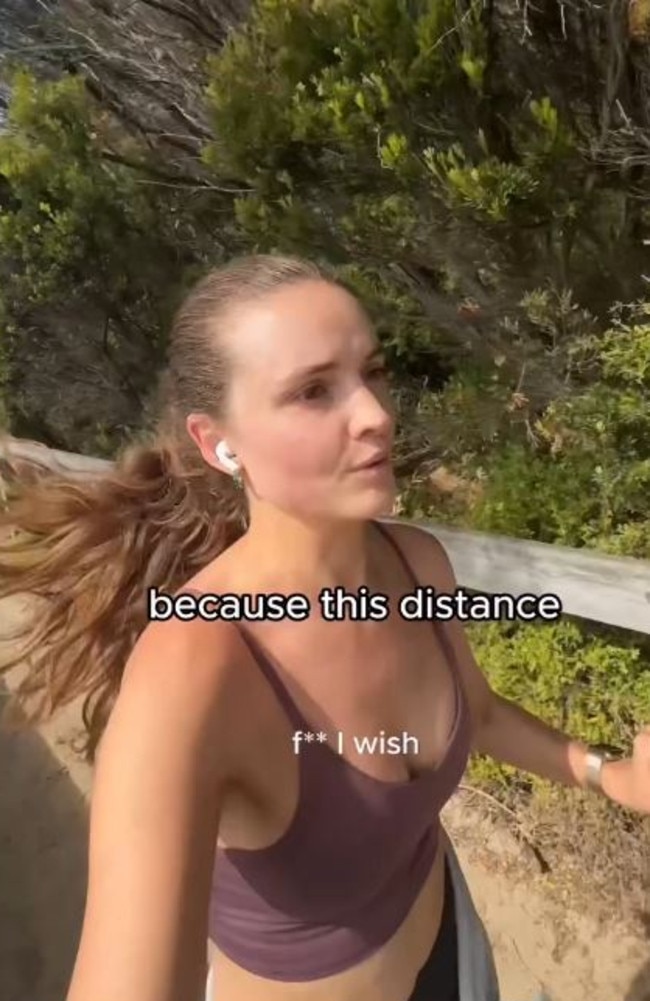
Henshaw stressed she wasn’t claiming men don’t experience harassment and violence in the street, but added she didn’t know many men who were afraid to go for a run at night, citing her husband as an example.
“I’ve been out for dinner and I’m walking back to my car at night. I have got my keys in my hand and I’ve got my husband on my phone. I am having all of these thoughts about, okay, what if this happens because I don’t feel safe,” she said.
“The reason I have that anxiety is because of real factual stuff that’s happened, that we have seen, and we know that it’s actually not safe.
“If my husband’s walking back to the car after going to dinner, he’s not thinking about any of these things. So I think for a lot of men, they obviously have never felt unsafe doing those things. Maybe that’s why they feel more comfortable making these comments but they need to put themselves in our shoes.
“We’re in a crisis with violence against women in Australia, and unfortunately some men think ‘Oh, I’m not violent, so I can’t do anything to help the problem’. And it’s not the case at all.”
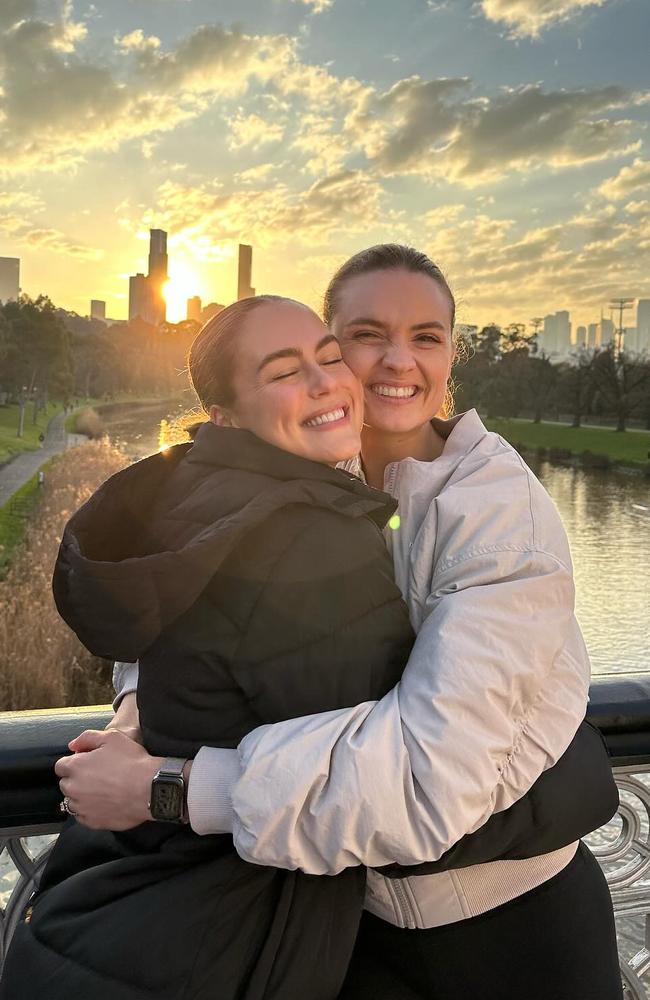
Bianca Fileborn, an associate professor in Criminology at the University of Melbourne, said that street harassment — like what Henshaw experienced — is an umbrella term that encompasses a range of behaviours in public or semipublic places.
This can be anything from catcalling, horn-honking, being followed by someone or even unwanted requests for a date or phone number.
“Unlike other types of gender based violence, most street harassment is perpetrated by someone who’s a stranger. But it’s a bit more complicated than that,” Associate Professor Fileborn said.
“Sexist and gender based forms of harassment are really common. But it can also include forms of harassment based on things like your race, your sexuality, diverse gender identity, and it can also be really context dependent.”
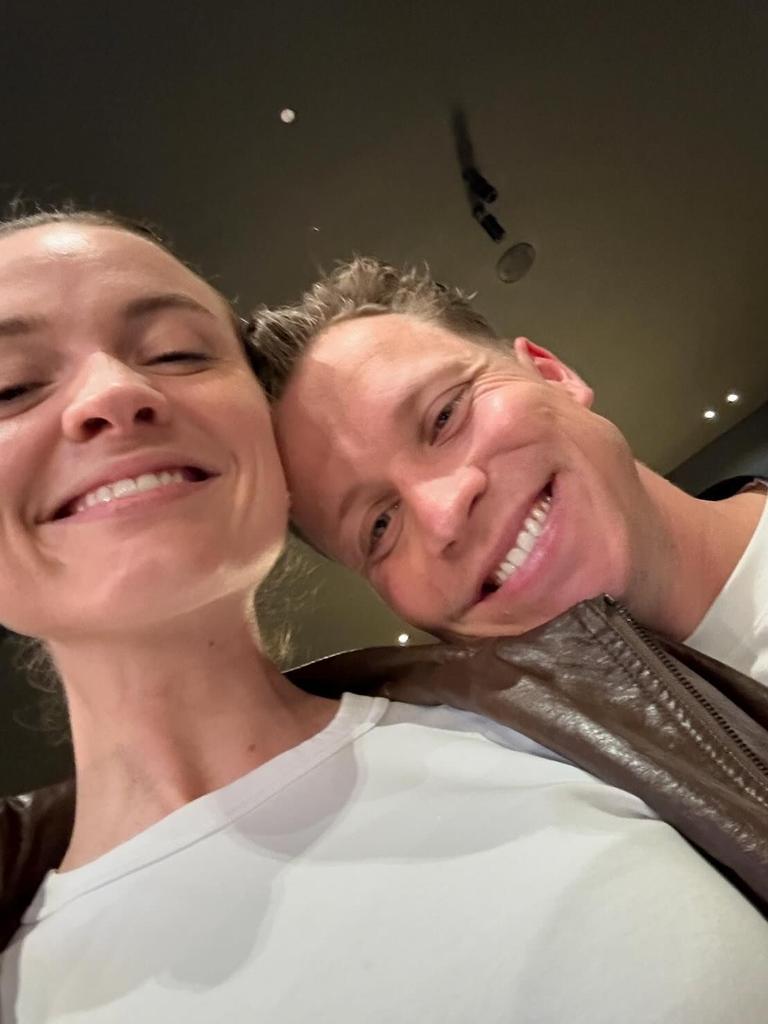

The expert said that there are some acts that are objectively not OK but there are some things, like asking for someone’s number, that could be harassment or consensual, depending on how it is taken and delivered.
Research conducted by The Australia Institute in 2015 showed that 87 per cent of young women have experienced street harassment at least once in their life — but often it was more than just once. For some, it was at the end of primary school or the start of high school the first time it had happened.
“I think there’s a misconception that this behaviour isn’t a big deal, that it’s trivial. You know, it’s often dismissed as they were flirting or it was just a joke and that kind of thing,” they said.
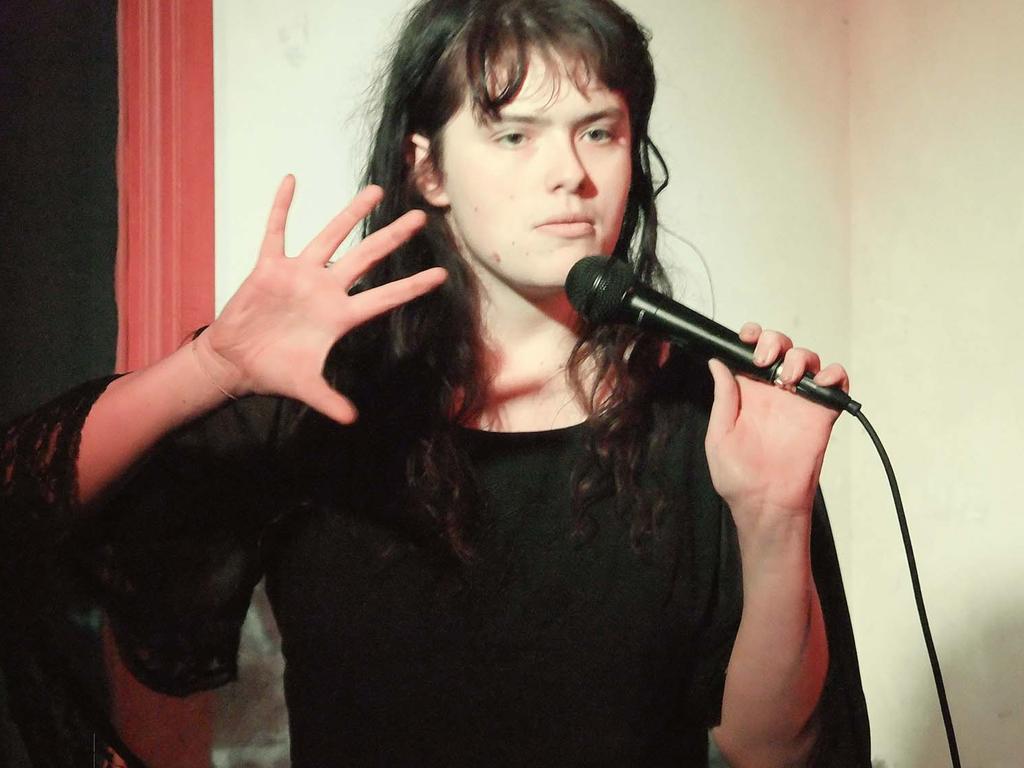
“But the research is really clear that experiencing street harassment can be quite significantly impactful and harmful. It’s associated with things like increased rates of anxiety and depression, feeling fearful or afraid in public spaces.”
Associate Professor Fileborn said it could mean some people stop going out at night, walk with their keys in their hand or constantly be on guard while out and about.
“I think something that has come out of my own research, for example, was not that someone will whistle at you in the street once, and you were traumatised for the rest of your life, but when you’re experiencing harassment daily or a weekly or a monthly basis, these impacts really add up over time, so they have this cumulative effect,” they said.
There is also always the threat of “what if it escalates”, with any response — from ignoring to saying thankyou — drawing a bad reaction.
“Of course, it’s incredibly rare, but we do see cases of people like the murders of Jill Meagher and Eurydice Dixon, which also both started off with forms of harassment like being followed in public space,” they said.
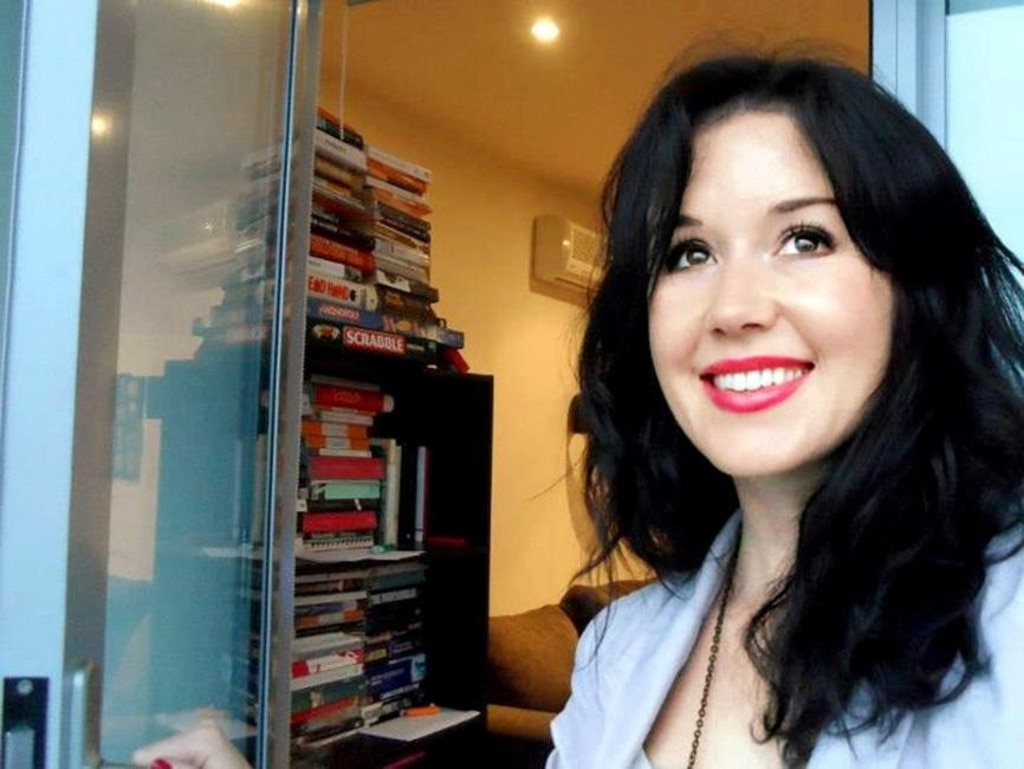
“I think these really high profile but relatively rare cases drive home that this could escalate at any moment. You never know when your worst fear or that worst case scenario might eventuate.
“Women are also often taught that they’re responsible for what happens to them — if you haven’t engaged all these precautionary strategies, then you’re somehow to blame for what’s happened.”
Associate Professor Fileborn said there was a brief mention in the National Plan on Preventing Gender Based Violence, but there is a dearth of state and national response to the issue.
“I understand that it is seen as being less significant than, say, lethal domestic violence. But if we want to meet this goal of preventing or ending gender-based violence, we actually do need to be responding to all forms of this violence,” the expert said.
“And I think street harassment is arguably the most pervasive form of gender based violence, and it also sets part that kind of cultural and social background that normalises and enables what we think of as more serious forms of violence. So I think that’s really key.”






